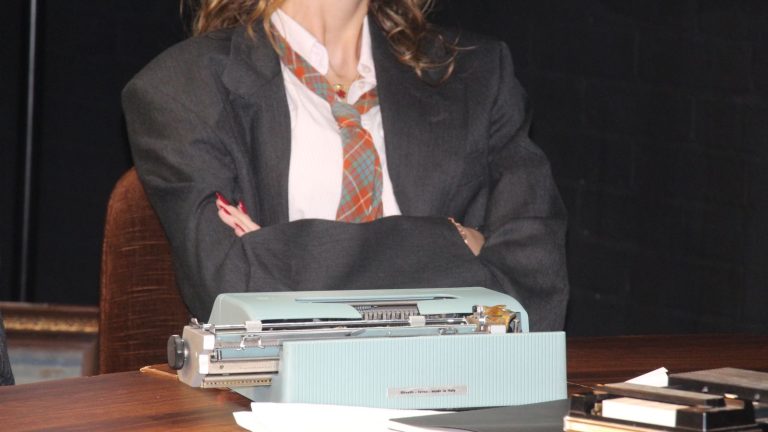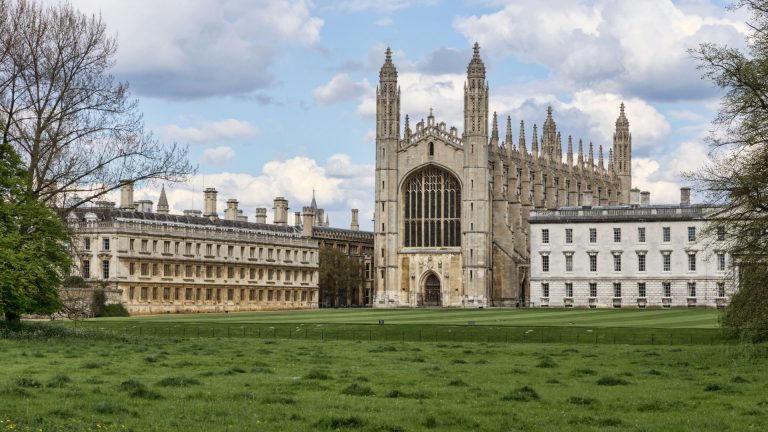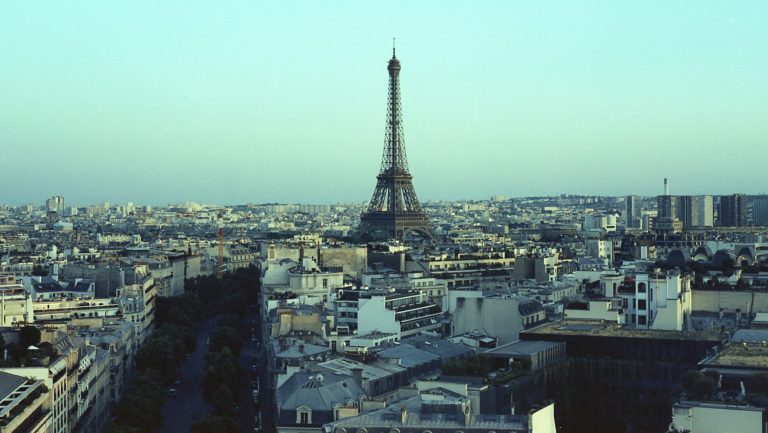A mountain of waste described as an “environmental catastrophe” has been dumped by a suspected gang of fly-tippers outside of Kidlington, near the River Cherwell. The mass of refuse, measuring around 150 metres long and 6 metres high, has drawn criticism from numerous environmental activist groups.
Reports of the incident come amid proposals by Oxford University and Exeter College to construct a new science park in the area. The disaster complicates the University’s ambitious plan to build a supercomputer within the park complex.
The site, located in the leafy green belt surrounding Oxford, is a hotspot for anglers who have highlighted the risks that the waste might pose to local marine wildlife. Many community leaders and organisations have been quick to highlight the illegality of the incident. Calum Miller, Liberal Democrat MP for Bicester and Woodstock, emphasised that the quantity and scale of the waste was “illegal” and warned against rising waste crime in the country.
An investigation into the waste mountain is being led by the Environment Agency who said that they would “ensure those responsible” for the waste cleared it up. An organised response to the event is yet to be announced.
Addressing other MPs in Parliament, Miller said: “River levels are rising and heat maps show that the waste is also heating up, raising the risk of fire. The Environment Agency said it has limited resources for enforcement, that the estimated cost of removal is greater than the entire annual budget of the local district council.”
In November of 2019, Kidlington Parish Council, which covers the affected area, declared a climate emergency, along with other local governmental authorities.
Questions surrounding rising reports of waste crime have surfaced in reactions to the event. This comes in the aftermath of the government’s national waste crime survey, which discovered numerous blind spots in enforcement and legislation.
Laura Reineke, Chief Executive of Friends of the Thames, a charity campaigning to clean up the waste, told Cherwell: “This illegal dump is the largest pollution event on an inland waterway that this country has seen. Having been left to fester for 4 months, unfortunately damage has already been done to the surroundings, and the precious River Cherwell.
“We are calling for emergency funding to make the site safe, and onward to clear it up, not in 2 years, or 2 months, but immediately. Please sign our petition, and donate to help us challenge, and push this project forward, so we can see the Thames catchment restored, healthy and safeguarded for future generations.”
The charity has launched a working group called Save Our Cherwell to campaign for the removal of the waste mountain, alongside a crowdfunding page and a petition which demands that the government and the Environment Agency take immediate action.
The Parliamentary Committee for Environment and Climate Change, in their policy letter published last month, recommended an independent review into increasing waste crime. Similar fly-tipping incidents in Dorset and Staffordshire have also challenged the government’s commitment to the issue.











